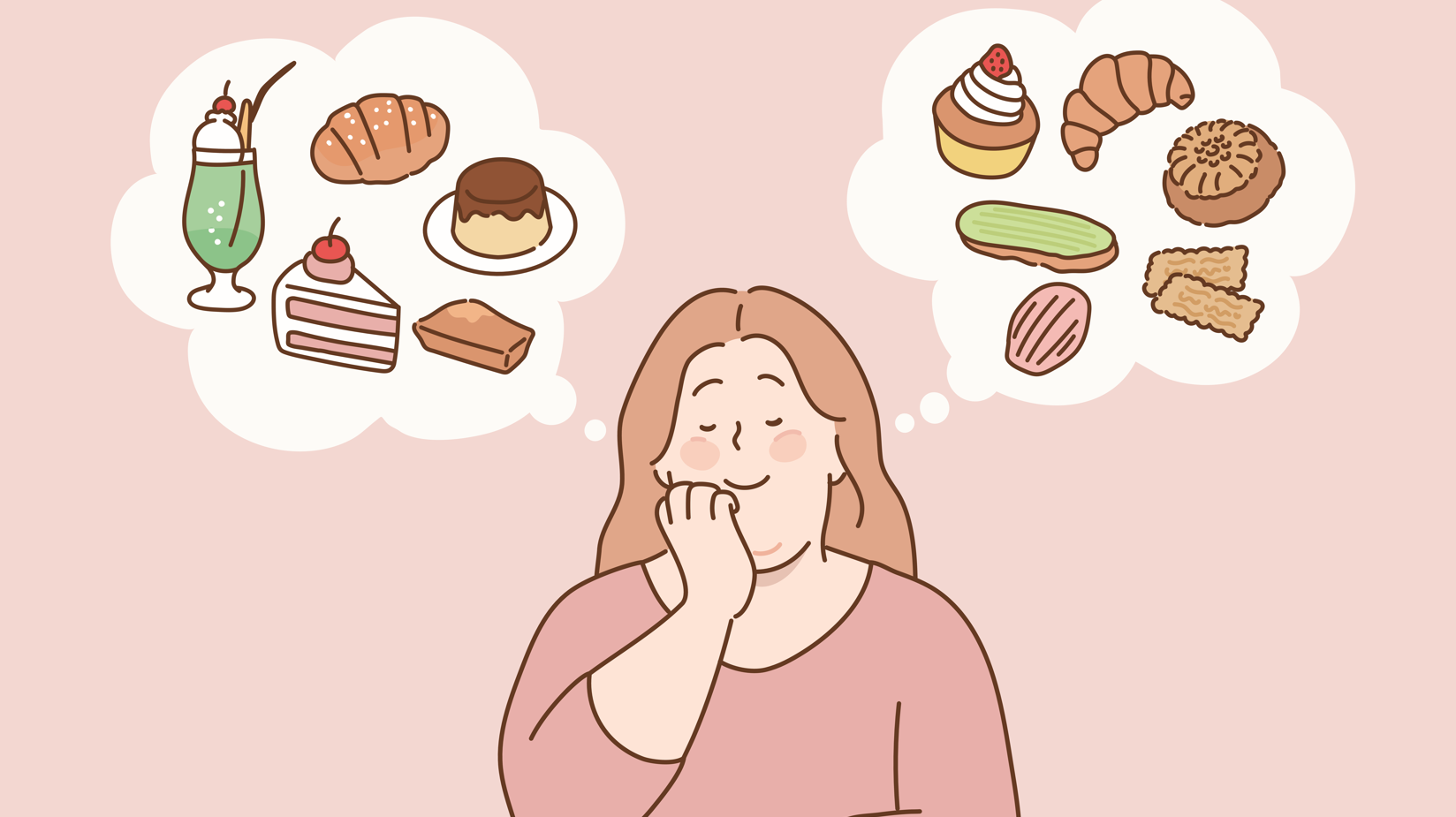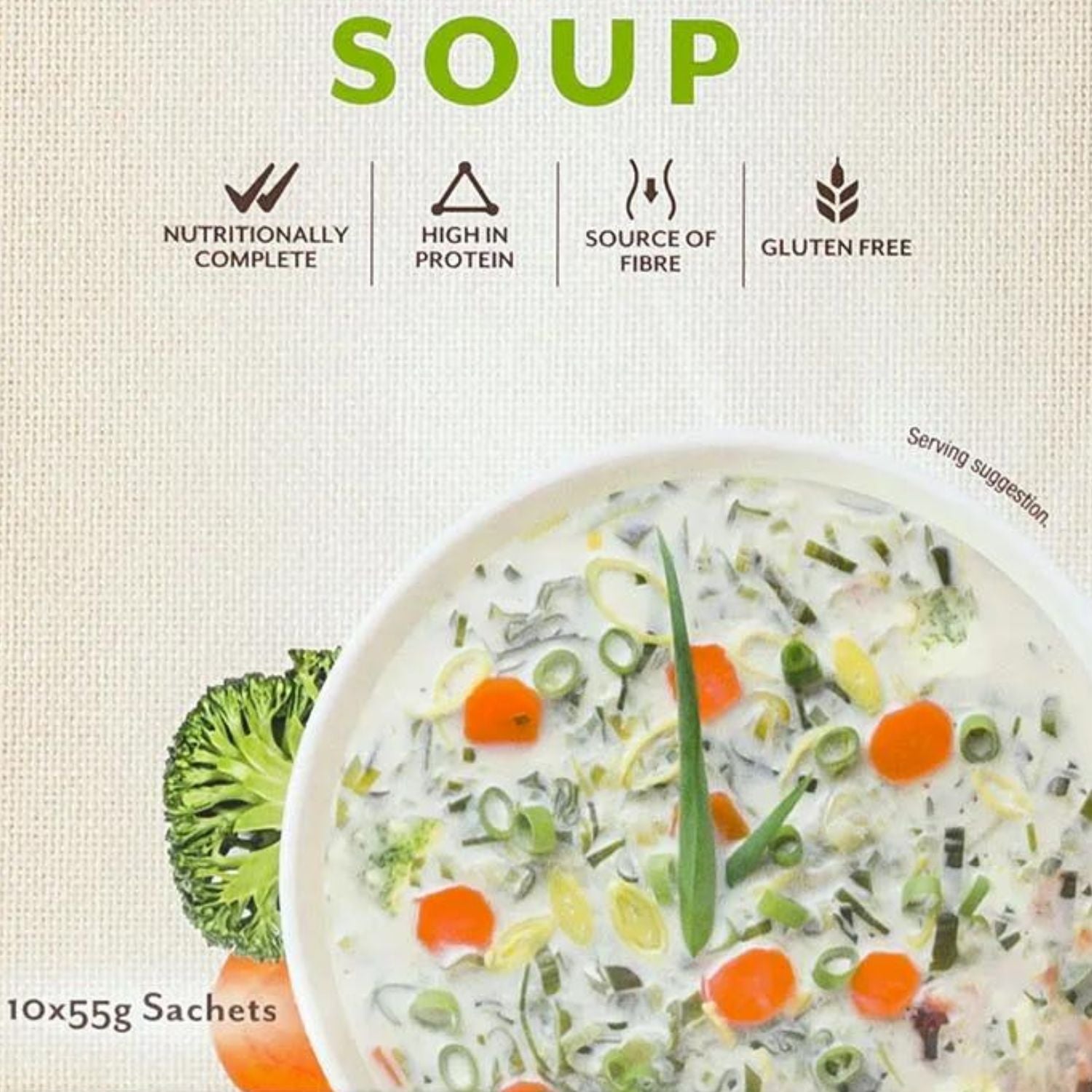Overeating is something many of us struggle with at one point or another. Whether it's stress, boredom, emotional distress, or simply out of habit, eating more than our body needs can lead to weight gain, sluggishness, and feelings of guilt or frustration. Fortunately, breaking the cycle of overeating is entirely possible with mindful approaches and sustainable strategies.
- Identify triggers
One of the first steps to overcoming overeating is understanding what drives you to overeat. Triggers can be emotional, environmental, or physical. Do you eat when you're stressed, lonely, or anxious? Do you tend to snack while watching TV or out of boredom? Keeping a food journal where you track what and when you eat, along with your emotions, can reveal patterns that lead to overeating.
Action Tip: Identify your triggers and create a plan to deal with them. For example, if stress is a major trigger, consider adopting stress-relief techniques like meditation, deep breathing, or taking a walk instead of reaching for food.
- Practice mindful eating
Mindful eating is a powerful tool for breaking the overeating cycle. It involves paying attention to your food, savouring each bite, and eating slowly without distractions. Often, we overeat because we’re distracted—whether by TV, smartphones, or multitasking. Slowing down and becoming more aware of your eating experience helps you tune into your body’s hunger and fullness cues, making it easier to stop when you're satisfied.
Action Tip: Try eating without distractions for your next meal. Chew each bite thoroughly and focus on the flavours, textures, and smells of your food. This practice not only enhances your enjoyment of food but also helps you notice when you’re full.
- Portion control
It’s easy to overeat when portions are too large. In today’s world, we’re often served oversized meals that exceed our body’s actual energy needs. To combat this, learn to recognise appropriate portion sizes. Try using smaller plates and bowls to visually trick your mind into feeling satisfied with less food.
Action Tip: When dining out, ask for half of your meal to be packed up right away, or share an entrée with a friend. At home, practice serving yourself smaller portions, knowing that you can always go back for more if truly needed.
- Balance your diet
Overeating is sometimes a result of an unbalanced diet that leaves you feeling deprived. If your meals are too restrictive, you may feel the urge to overindulge later on. Ensure that each meal includes a healthy balance of protein, fibre, healthy fats, and complex carbohydrates. These nutrients help stabilise blood sugar levels and keep you fuller for longer.
Action Tip: Plan meals that include a variety of food groups. For example, pair lean proteins like chicken or tofu with whole grains like quinoa and plenty of vegetables to keep your energy levels steady and cravings at bay.
- Manage emotional eating
Emotional eating is a common culprit in overeating. When we're feeling down, stressed, or overwhelmed, food can act as a temporary comfort. However, this habit can turn into a vicious cycle, as overeating often leads to guilt and frustration. Learning to address emotions in non-food ways is key to overcoming emotional eating.
Action Tip: The next time you feel the urge to eat due to emotions, try substituting the urge with a non-food activity, such as journaling, talking to a friend, or going for a walk. Building awareness around your emotions and finding alternative ways to cope is crucial.
- Plan your meals
Failing to plan can often lead to overeating. Without a plan in place, it's easy to turn to unhealthy, high-calorie snacks or eat impulsively throughout the day. Taking time to plan your meals and snacks ensures that you have nourishing options readily available, reducing the temptation to overeat unhealthy foods.
Action Tip: Create a weekly meal plan and prepare some meals or snacks in advance. This can be as simple as cutting up veggies, portioning out nuts, or making overnight oats. Having healthy, convenient options at your fingertips can prevent impulsive eating.
- Stay hydrated
Sometimes, we mistake thirst for hunger, leading to overeating. Staying hydrated is important for overall health, and it can help prevent unnecessary snacking.
Action Tip: Keep a water bottle with you throughout the day and aim to drink at least 8 cups of water daily. If you feel hungry, try drinking a glass of water first to see if you were thirsty.
- Get enough sleep
Lack of sleep can interfere with hunger-regulating hormones, increasing the production of ghrelin (which stimulates appetite) and decreasing leptin (which signals fullness). As a result, you may find yourself eating more when you're tired.
Action Tip: Prioritise getting 7-9 hours of quality sleep per night. Create a bedtime routine, minimise screen time before bed, and ensure your sleep environment is conducive to rest.
- Set realistic goals
Overcoming overeating is a gradual process, and it’s important to set achievable goals. If you try to overhaul your eating habits overnight, it may backfire, leading to frustration. Instead, focus on small, incremental changes that you can maintain over the long term.
Action Tip: Set one or two small goals at a time, such as eating mindfully at one meal per day or reducing sugary snacks. As these habits become ingrained, you can build on them with additional changes.
- Be kind to yourself
Finally, remember that overcoming overeating is a journey, not a quick fix. It’s normal to have setbacks, and it’s important to approach the process with self-compassion. If you overeat, avoid falling into a cycle of guilt or negative self-talk. Instead, treat each meal as a fresh opportunity to make healthier choices.
Action Tip: When you have an overeating episode, take a moment to reflect on why it happened, but don’t dwell on it. Practice forgiving yourself and focus on moving forward with your next meal or snack.
Conclusion
Overcoming overeating isn’t about perfection; it’s about building healthier habits, one step at a time. By identifying triggers, practicing mindful eating, and finding non-food ways to cope with emotions, you can regain control of your eating habits and cultivate a balanced relationship with food. The key is to remain patient with yourself, celebrate small victories, and remember that sustainable change takes time.









